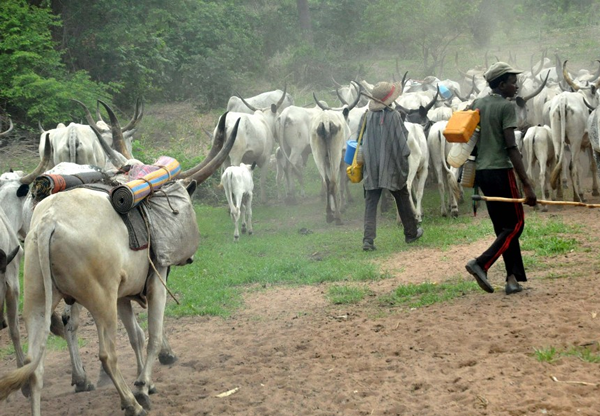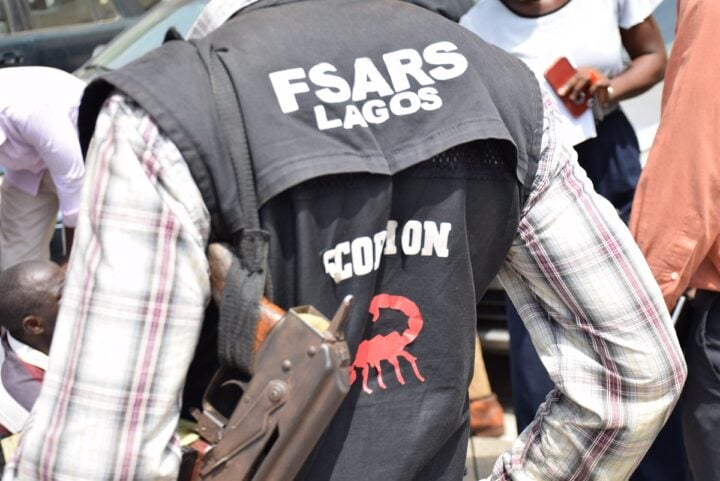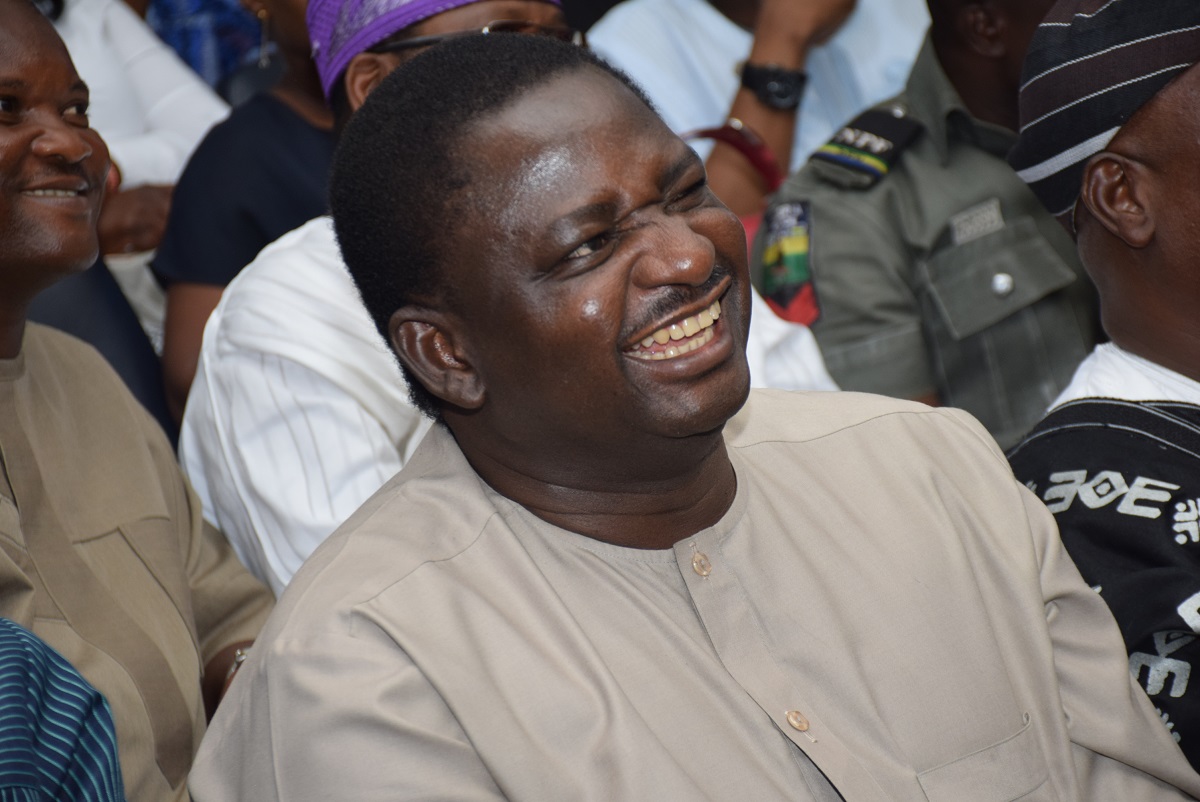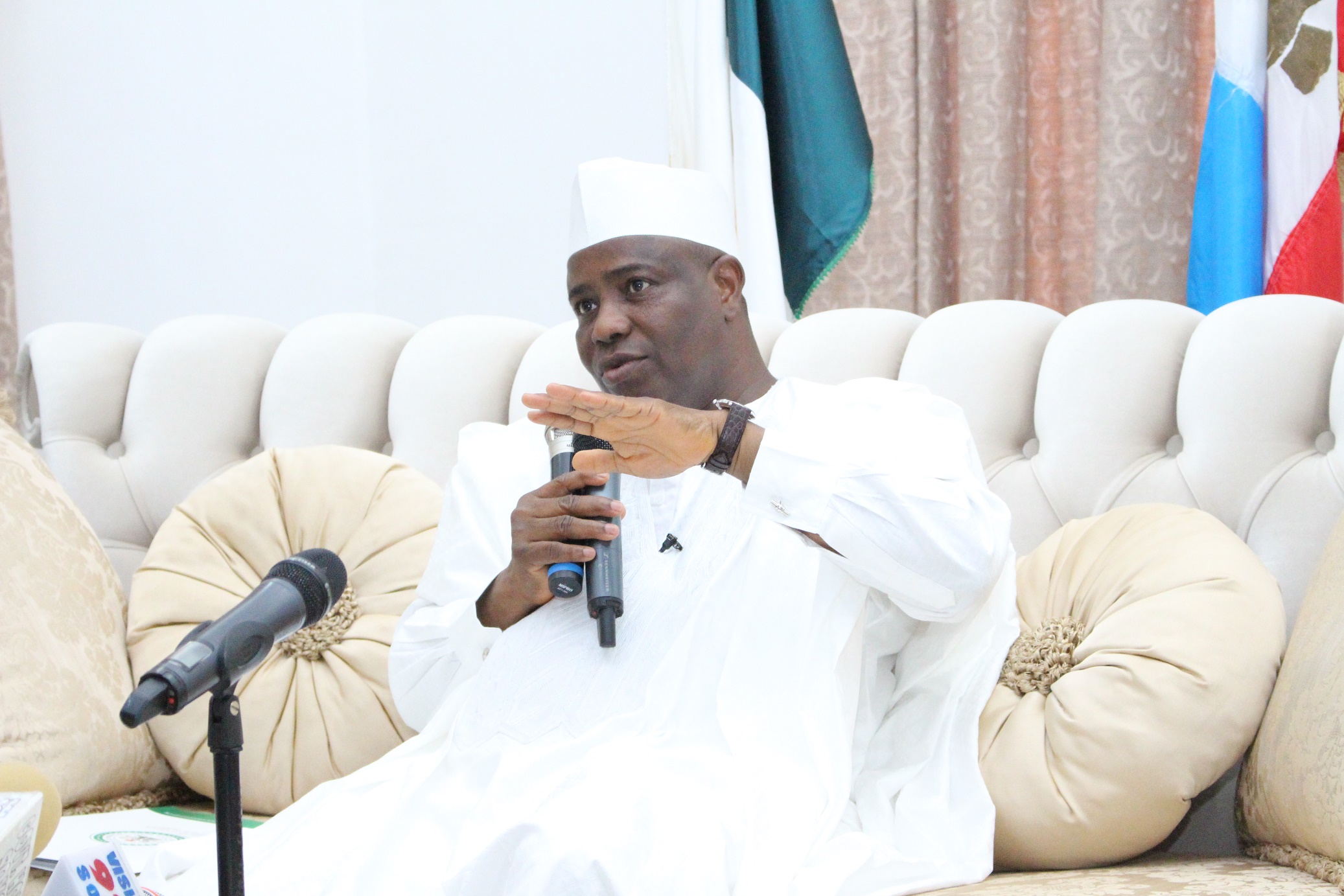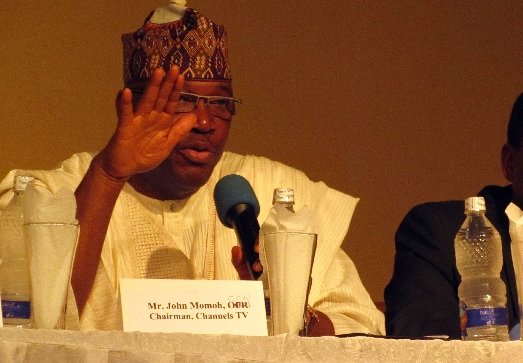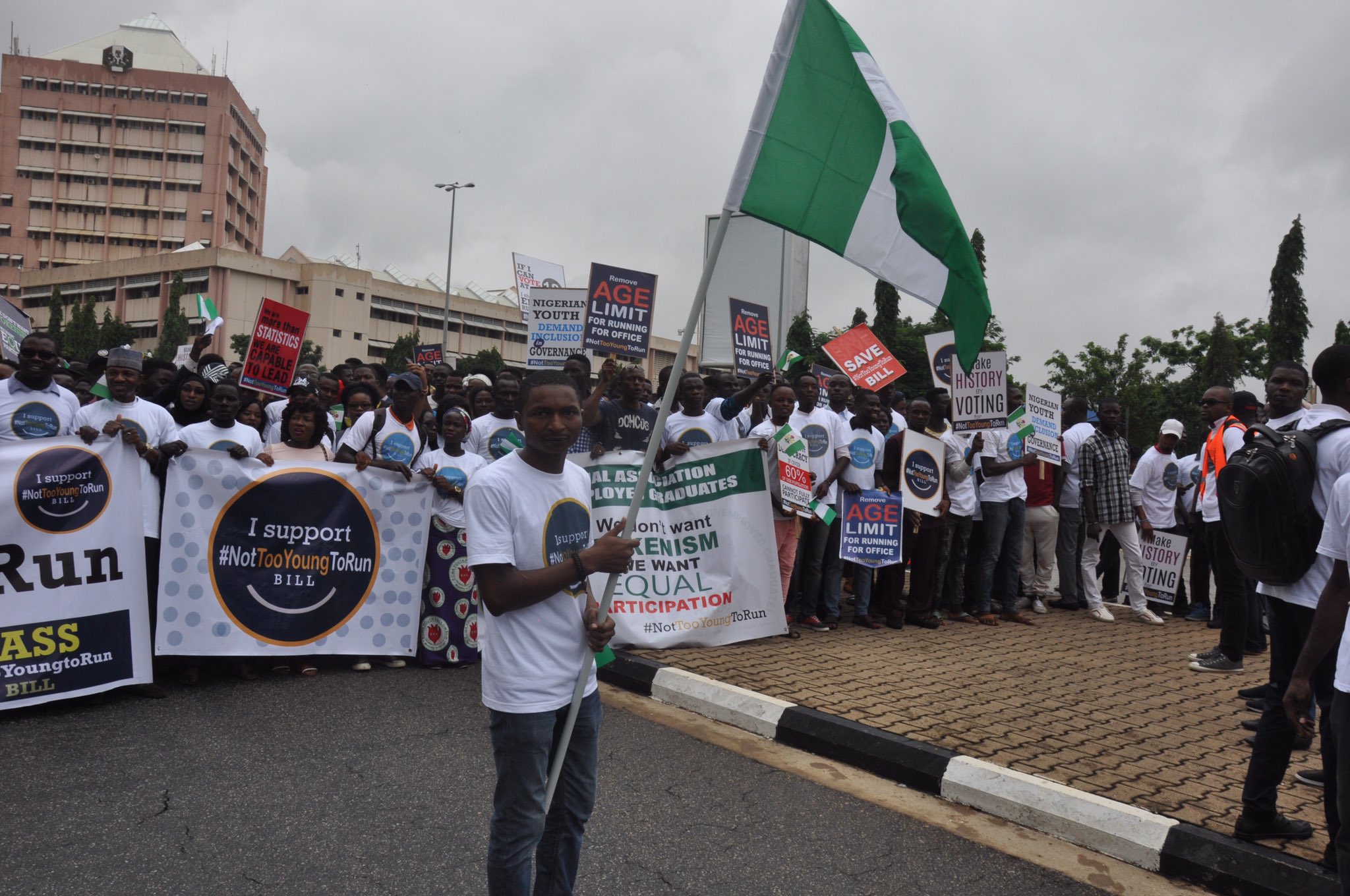BY EDWARD ONOJA
The killings by suspected herdsmen across the north-central and elsewhere in Nigeria are tragic and worrisome at the same time. Tragic because no one should have to lose his or her life or loved ones to such cowardly attacks in our nation. Worrisome because we have left the common enemy to fight one another along political, ethnic and religious lines.
The stories and images coming out of Plateau state since last weekend are not good. To be candid, they are heart-rending, the stuff of nightmares. There are simply no words for the sight of dozens of citizens murdered in cold-blood right in the sanctuary of their own homes. Men, women, children, the unborn.
These attacks are security breaches of the worst kind. We must go beyond mere outrage and condemnation to deliberately crafted preventive measures. This one must be the last one. We cannot afford another. Since containment is more difficult once attacks begin the best approach is prevention. It means if we get the security right, we stop the attacks. They can and must be nipped in the bud at nascent stages.
Advertisement
The sort of pre-emptive security measures which defeat this sort of large-scale criminality require combined efforts from everyone. Those who consider security the job of only the president, or governors, or service chiefs, or security agencies alone miss the point. It is precisely the sort of narrative which makes us lose sight of the target and lulls the security infrastructure into resigning to preventable fate instead of taking proactive measures to defeat the attacks.
No doubt the buck stops at Mr. President’s table because he is the leader of the nation. The governors and security chiefs cannot also escape blame when citizens are killed under their watch. Still, beyond policing and military ordnance, it takes a hive mentality, everyone thinking and acting alike, to effectively secure a community and her people from armed marauders of any description.
If i have learnt anything from my job as chief of staff to a governor who was confronted with the worst security challenges possible on assumption of office only to successfully resolve them within months, it is that security is a 24/7 synergy between government and every citizen. The requirements include a governor committed to his duty as the chief security officer of his state, security agencies which do not joke with their job or subjugate it to parochial considerations and a citizenry that is paranoid about the communal wellbeing, refusing to let threatens it to pass unchallenged.
Advertisement
This is the winning formula any day. Such a localised hive of like minds, working together for their own mutual safety will unravel most attacks before they ever get off the ground.The more the people realise that insecurity anywhere is a threat to security everywhere, and only by being one’s brother’s keeper can one himself be kept, the more they supply the information which the agencies can act on to dismantle conspiracies. This is why citizens of developed nations call the police on one another all the time, often at the very first hint of suspicious behaviour. They feel a civic compulsion to report crime and criminality of any kind.
The citizen is the best security resource available to law enforcement. There is a citizen somewhere who has the intel to prevent the next massacre, armed robbery, kidnapping or whatever crime. It is the duty of the government to facilitate access to the state for that citizen. Government achieves that by facilitating access for all citizens to feed her actionable intelligence in a safe and timely manner.
Sadly, our experience in Nigeria is that once a security event occurs, especially at the national level, everyone disengages from the overall community mindset and congregates along smaller interest groupings characterised by shared blood, tongue or faith. Distrust, and more associated conflict, fester in this atmosphere. Then while everyone jealously guards their little corners, the overall national interests suffer, ensuring everyone is hurt in the long run.
Intelligence is the first line of defence followed by prompt, preemptive action. This is important. If the citizen cannot pass on his Intel because the lines of communication are nonexistent or not open, citizens soon stop trying. Conversely, if the intel is communicated but not acted upon, or used to endanger the source, a crisis of confidence develops against the leadership or law enforcement and security suffers.
Advertisement
In retrospect, it does appear like the events of last weekend in Plateau State in which armed herdsmen slaughtered and sacked whole villages were preventable. The signs were all there. The precursors were glaring everyone in the face. Even though it is always a hopelessly unequal fight when one side has automatic weapons and the other only their wits and rudimentary implements, still, it is our experience that a little ingenuity might just have helped.
The killers are not wraiths who appear and disappear and are beyond human touch. They bleed also, and have families they want to return home to. They can be deterred to an extent by making real the prospect that every outing could be their last. It is not about pitched battles now, but the total foiling of the element of surprise by a standing militia of vigilantes and the prospect of stiff, if unequal, resistance.
My boss has always maintained that securing a state is as serious as a World Cup Finals, and requires a similar strength of strategy. To him the security architecture which will work must be bottom-up and patterned after a football team. The analogy is straightforward and it will drive home my point.
The frontline or strikers is composed of traditional rulers, chiefs and community leaders and members of their respective traditional cabinets and communities. The midfield is made up of local government administrative structure as the chief security officers at the third tier of government.
Advertisement
The fefenders are the state government headed by the governors who are the chief security officers of their states and assisted by the state heads and apparatuses of the various security agencies. The goalkeeper which is the federal government of Nigeria headed by Mr President as commander-in-chief and assisted by all the service chiefs and heads of paramilitary agencies.
For a goal to beat the goalkeeper and land in the net, i.e. for a successful attack to be launched on any part of the country, all the players from 1 to 3 must have failed, not once but consistently.The president is the chief security officer of the nation, true, but the governors of the states are primarily responsible for the day to day security decisions which make or mar the peace and security of the state.
Advertisement
The president coordinates the security agencies for both internal and external security, but mainly the external. It is arguable, but the only way the president can take over day to day security oversight of any state is by declaring a state of emergency. This is an outcome that most governors will not accept. It is also a process which requires inputs from the national assembly, which might be positive, but given the mood of the nation, more likely to be negative.
I humbly submit that it is unfair to blame the president for every security breach in a state unless it has been proven that he has somehow supplanted the governor’s authority and taken over the policing duties. If that is not the case, questions should also be asked of the authorities in closest proximity to the conflict.
Advertisement
It stands to reason then that we must pay greater attention to the team work needed to secure our communities. There is need to look beyond the goalkeeping squad to the strengths of the defence, midfield and strike force. Under our existing laws, and without placing too much extra stress on the financial resources of our states, we must make use of one stone to kill several birds.
Security requires manpower. Every state is battling with how to find gainful employment for an army of unemployed people, especially youth. Each state can recruit at least 5000 able-bodied men and women for local vigilante services and add them to the payroll. They do not need to carry arms. Even in the police, military and paramilitary agencies, it is not every officer who is armed.
Advertisement
Security requires money. The recruits must be provisioned with communication, mobility and defence gadgets. They must receive training in intelligence gathering and basic self defense. They do not need to be posted away from their communities to provide watch services, but they must be paid. They can also continue their usual livelihoods to some extent to augment their monthly stipends.
It is not enough to simply embed vigilantes in a community they know very well. They must be enabled to be effective early warning systems for the regular security agencies. This system can only work if the state government through the Office of the Governor has worked out a rapid response system which receives Intel in real time from vigilantes in the hinterlands, processes it rapidly and moves armed regular operatives to location with alacrity. Once the tip-off is received from the community watch, everyone from the Governor down is on the clock.
A small 12-man community watch squad in each community gives the Governor political mileage for providing employment, and if armed with firearms for their security functions, even those as rudimentary as dane guns, they can prevent a community, no matter how far-flung, from becoming a hopelessly soft target to murderers and bandits.
In real life, the vigilantes are rarely called upon to engage with armed attackers even when armed with licensed firearms. Any state which must provide firearms for her vigilantes must precede it with strict screening, including biometrics. The vigilante and whatever weapons he is issued must thereafter be frequently monitored to discourage criminal misuse. An armed squad of vigilantes can put up some fight to delay attackers and reduce human deaths pending the arrival of the the regular agencies.
Security requires accountability. It is not enough to simply embed vigilantes in a community they know very well. They must be enabled, them monitored, to be effective early warning systems for the regular security agencies. This system can only work if the state government through the office of the governor has worked out a rapid response system which receives Intel in real time from vigilantes in the hinterlands, processes it rapidly and moves armed regular operatives to location with alacrity. Once the tip-off is received from the community watch, everyone from the Governor down is on the clock.
Security requires collaboration. The governor must stand for zero excuses and excesses from the heads of the various security agencies posted to his state. He must accept nothing but best efforts from them and their men. He must spend huge amounts on them till he gets something close to the semblance of operational effectiveness he desires to secure his territory. They can be in subordinate sometimes, especially if buoyed from ‘headquarters’, but a good governor knows to play the headquarters, and Aso Villa, politics too.
Security requires quick responses. A Joint Task Force that is properly ‘motivated’ should never fail to provide physical, forceful help within a couple of hours to any part of the state. The success rate for sudden attacks falls by at least 80% where there are armed vigilantes. Even further where the killers know that a rapidly moving, well-armed force will be on ground not later than a few hours from the moment the first call or radio message for help is made by any vigilante. The killers love life too and often lose the will to engage if there is any form of concerted resistance. They will not tarry to commit genocide. They will tarry even less if they know the security forces, once alerted, will stitch the state tight, cutting off all escape routes.
The attitude of always turning to the goalkeeper for every ball or blaming him for every goal is the real problem militating against finding of a holistic solution to the problem. Accusing Mr. President of sending the herdsmen to attack his citizens because he is Fulani like the herdsmen is monumentally unfair. It adds a dimension to the crises which is frankly dangerous. It divides the citizen’s along sectarian lines and can even detract the President and the security chief from their genuine efforts to end the carnage.
There is militancy in the Niger Delta, armed robbery and kidnapping all over, cult and ritual killings everywhere. There are truly infamous examples like the Offa armed robbery case in which about 42 lives were lost. Others include the New Year Day’s Massacre in Port Harcourt, the Ikorodu cult killings and the suicide bombings in Maiduguri and other parts of the north-east. These are some of the equally serious crimes confronting the nation but nobody thinks to say the president is behind those because they are not traceable to any Fulani.
My call is for every governor to squeeze himself harder in terms of funds and efforts and make the sacrifice necessary to recruit, train and equip at least 5000 vigilantes and border guards to beef up the security infrastructure in their states. I am also calling on the president to urgently arrange a special security fund for the more vulnerable states to assist in this regard.
In conclusion, these killings by herdsmen, as well as other instances of bloodletting anywhere in the country have lingered for far too long, and though every administration in this fourth Republic and even before it. None has brought it to an end. None has even successfully tracked down the killer herdsmen after any carnage and brought them to book. Nevertheless, I repeat that they are not ghosts and if they are within Nigerian territory, they are subject to Nigerian laws. The current administration now has the duty and must end the madness. That is the only acceptable outcome. God will give us the key to victory.
Onoja is the chief of staff to Yahaya Bello, governor of Kogi, writes from Lokoja.
Views expressed by contributors are strictly personal and not of TheCable.
Add a comment
